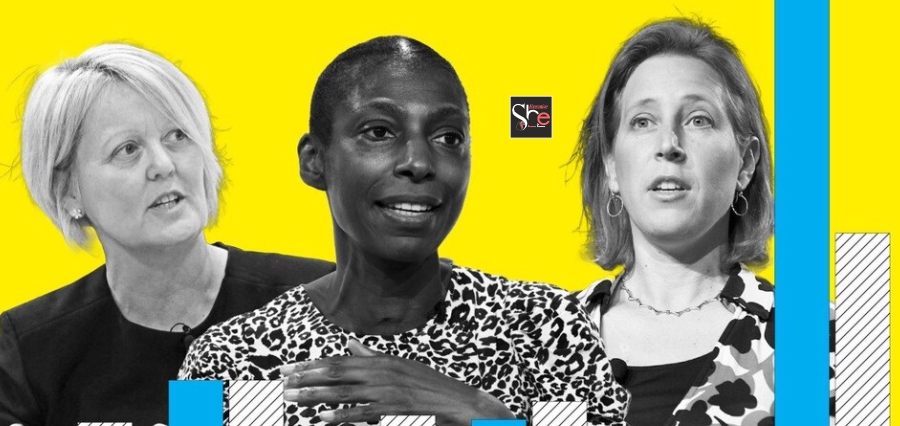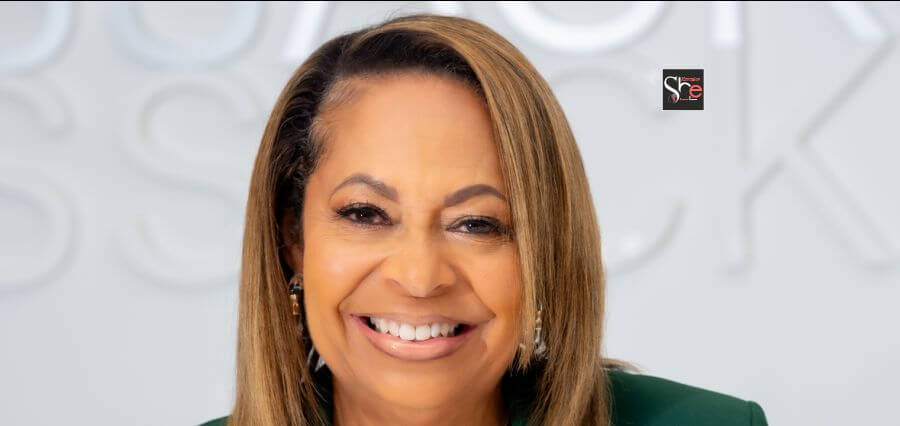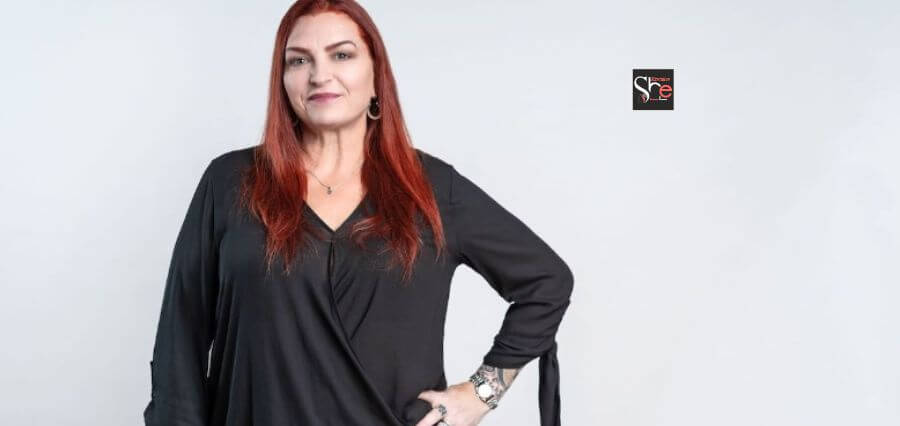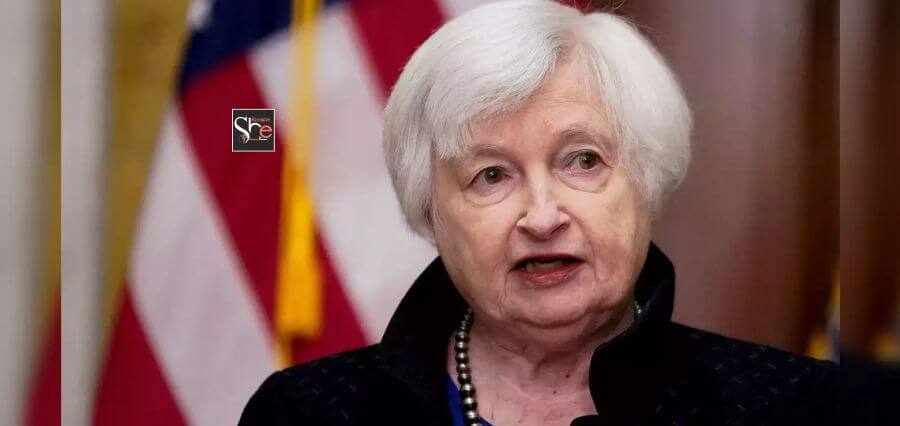To illustrate how difficult it is for women to succeed, one only needs to glance at the FTSE 100 list of chief executives, where men occupy an overwhelming 91% of the posts.
Research indicates that not all people who succeed in breaking past the glass ceiling have the same experience.
Women made up a record tenth of all global chief executive departures last year, according to a new analysis by recruiter Russell Reynolds, which highlights the difficulties faced by women in the most senior City posts.
Financier Baroness Helena Morrissey, a mother of nine and the former CEO of Newton Investment Management, claims that “tall poppy syndrome” affects female CEOs in the UK.
According to her, “we have this tendency in this country to cut people down,” and “often the women who take on these roles are very high profile.”
Following a year of high-profile female departures, there is growing concern about the lack of equity in the City.
These include Sarah Bentley, who left Thames Water in the midst of intense criticism of the supplier’s performance, and Dame Sharon White, who declared in October that she intended to leave her position as chair of John Lewis.
Without a doubt, the ladies in question “all suddenly came under a lot of public pressure,” according to Morrissey.
Among others who departed for personal reasons last year was Susan Wojcicki, the longtime YouTube head who announced her decision to “start a new chapter focused on my family, health, and personal projects.”
Even after rising to the top, female executives still confront significant obstacles, according to Dame Inga Beale, the first woman to ever head Lloyd’s of London.
“I didn’t really feel like I was held to a different standard when I was chief executive, but there were times when people said I should act more like a man,” she says.
“If you have a different style that isn’t always understood or appreciated by others, they could expect you to operate in a more conventional manner once you become chief executive.”
Beale argues that the media can significantly contribute to the advancement of female CEOs’ profiles, despite her efforts to filter out any “noise.”






